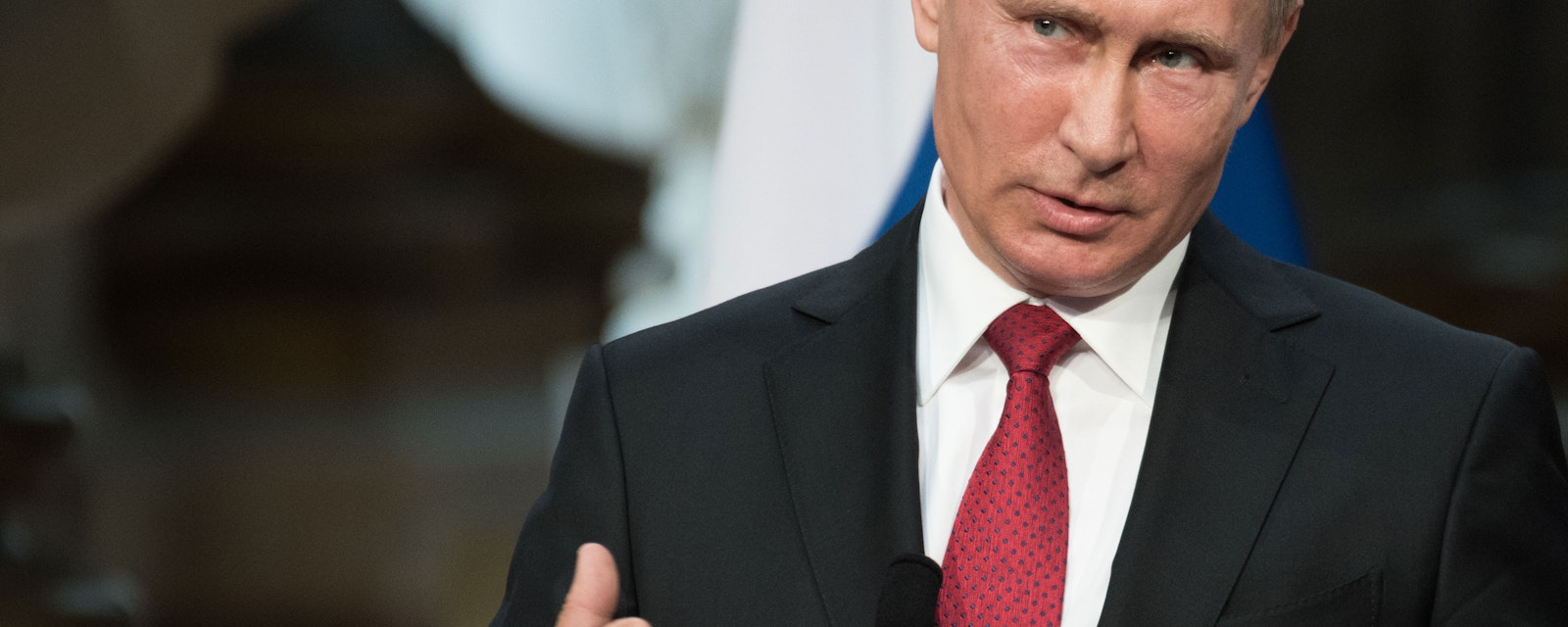The presidential election will take place this Sunday, 18 March. While President Vladimir Putin’s electoral victory is a foregone conclusion, the Kremlin is keen to boost electoral turnout to increase legitimacy.
Putin’s recent speech to the to the Federal Assembly was intended to drum up voters’ participation by invoking national pride, while also promising more social handouts and regional development initiatives. However,
he also hinted at several economic policy initiatives that he intends to implement during his next term in office, including an overhaul of the tax code.
Ahead of the vote on Sunday, Putin has 67-71% support in the most recent polls, up from 53-68% in December, and he has no serious challenger among the candidates standing in the elections. Next in the polls is the Communist Party candidate, Pavel Grudinin, with 6-8%, voter support, followed by nationalist Vladimir Zhirinovsky with 5–7% support. Both Grudinin and Zhirinovsky represent political forces supportive of the Kremlin. Candidates from outside the Kremlin network are a negligible force in this election: TV anchor Ksenia Sobchak attracts 1-2% of voters and anti-corruption activist Alexei Navalny has been banned from running.
With these numbers, Putin will likely win the vote without the need for a second-round run-off. However, the Kremlin is also keen to achieve high electoral turnout, above 70%, to equip Putin with high levels of legitimacy. Putin has used his delayed annual address to the Federal Assembly on 1 March to drum up electoral turnout and present his plans for what will likely be his next six years in power.
Promises, policies and plans
Putin directly addressed the grievances of his two main electoral bases, the pensioners and the population outside the main urban centers. He promised an increase in pensions and their indexation above inflation levels, and a large-scale program of development of regional urban centers, especially investment in transport infrastructure and digital capacities. Both items will likely appear high on the government agenda soon.
On economic policy, Putin spelled out the aim to lower long-term interest rates for both industrial investment and private housing and called directly on the central bank to support this policy. He also signaled the roll-out of a new tax code to reduce tax evasion and simplify reporting procedures, especially for small businesses. Interestingly, Putin also stated that the state must gradually reduce its ownership share in the economy, indicating that privatizations of the recently acquired banking assets may be forthcoming.
Finally, a large part of Putin’s Federal Assembly speech focused on geopolitics. This allows him to appeal to voters’ sense of national pride by announcing the restoration of Russia’s global power status while taking credit for it at the same time. Invoking Russia’s great power status will probably be the geopolitical leitmotif of Putin’s next term in office, which suggests that relations between Russia and western countries will remain strained for the foreseeable future.




